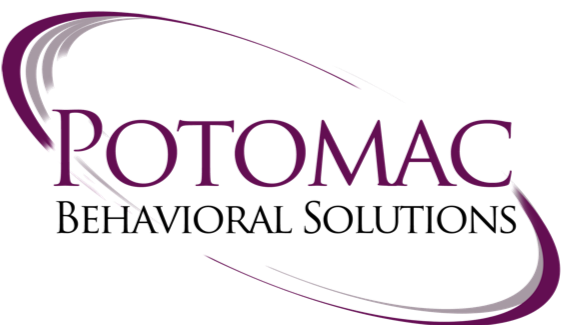What is RO DBT?
RO DBT is a new evidence-based treatment for patients with emotional over-control. ‘Self-control’ is usually seen as a good thing, however too much self-control can cause difficulties.
Excessive self-control is associated with social isolation and poor interpersonal relations and it contributes to conditions like
Anorexia Nervosa
OCD
Chronic Depression and Anxiety
Social Anxiety
Avoidance
Over-control is seen as a problem of emotional loneliness - not necessarily lacking contact with others…...but lack of social connectedness with others.
RO DBT has been used to treat some of the rigid responses and emotional inhibition thought to underlie many treatment-resistant conditions. The treatment has been informed by over 20 years of clinical and experimental research.
Treatment components
RO-DBT is a 30 week program. The RO-DBT treatment typically involves a 45-minute weekly individual session and a 1.5-hour weekly group skills training.
Skills training (our tribe!!!) is Thursday from 5:00-6:30pm
Who is the Treatment FoR? How is it
different than DBT?
Are you the sort of person who is described by some of the following words?:
Dutiful
Avoids risk and novelty
Plans ahead
Struggles to really connect with others
Follow rules
Feels unappreciated
Struggles to relax and be playful
RO DBT benefits patients who have a diagnosis of Chronic Depression, Treatment-Resistant Anxiety Disorders, Anorexia Nervosa, Avoidant, Paranoid and Obsessive Compulsive Personality Disorders and Autistic Spectrum Disorders.
To learn more about the difference between DBT and RO-DBT, check out this link.
What skills do I learn?
We are social beings and we know that 3 core components of emotional well-being are:
Openness to feedback, even when this is challenging
Flexibility in our responses, to ever changing demands
Communication of our emotions, recognizing that expressing emotion is crucial when forming close interpersonal bonds
RO-DBT treatment strategies aim to build:
Flexible responding to the demands of the moment
Emphasis on the importance of authentic emotional expression to build positive interpersonal relationships
Self-inquiry into our usual responses
Ability to manage unexpected or challenging feedback
Research Support
RO-DBT is now practiced in the UK, Europe, and North America, and is increasingly recognized as effective for patients who exhibit emotional over-control.
The efficacy of RO-DBT has been informed by experimental, longitudinal, and correlational research, including two randomized controlled trials (RCTs) of refractory depression with comorbid OC personality dysfunction that provided the foundation of the development of the RO-DBT treatment manual (Lynch et al., 2007; Lynch, Morse, Mendelson, & Robins, 2003), one non-controlled trial with adult anorexia nervosa inpatients (Lynch et al., 2013), a case series open-trial applying Radical Openness skills alone plus standard DBT with adult AN outpatients (Chen et al., 2015), and one non-randomized trial targeting treatment resistant overcontrolled adults (Keogh et al, in press), while the mechanisms of change and efficacy for treatment of refractory depression and comorbid OC personality disorders are being investigated via the large multi-site RCT ‘REFRAMED’ (www.reframed.org.uk Lynch).
Further information at: www.radicallyopen.net
INTERESTED IN LEARNING MORE?
If you are interested in learning more about RO DBT services, please contact us below. Please allow 24 hours for a response to your inquiry.




